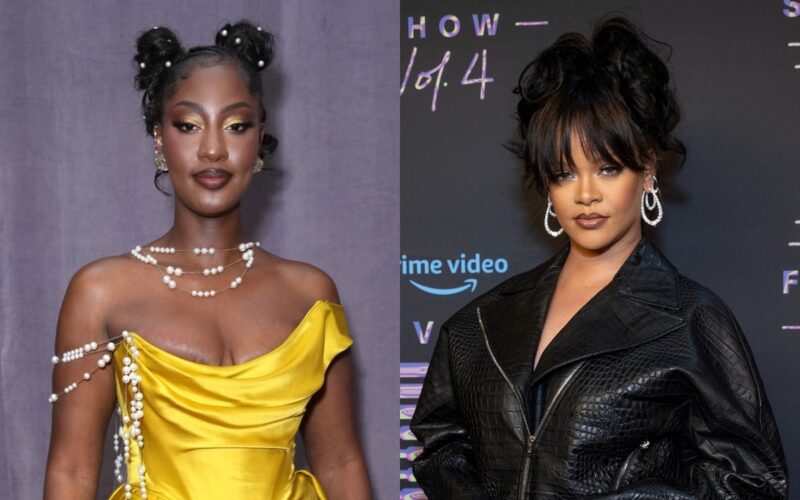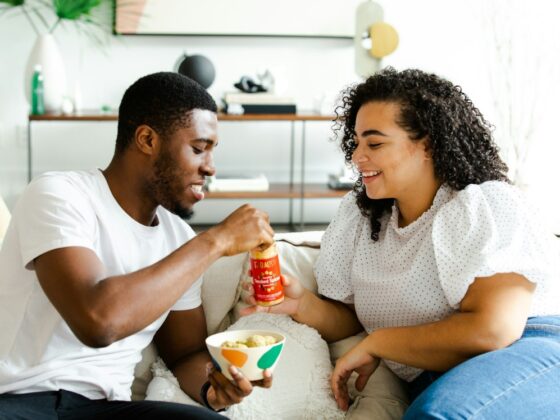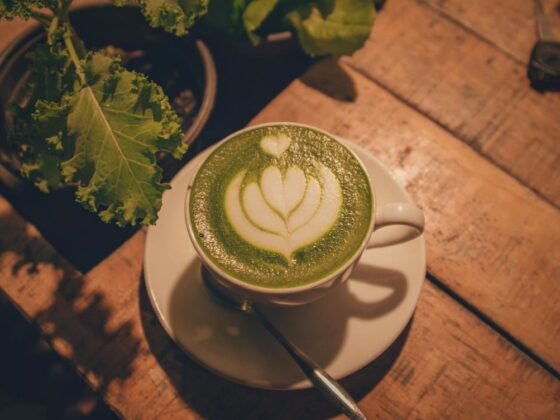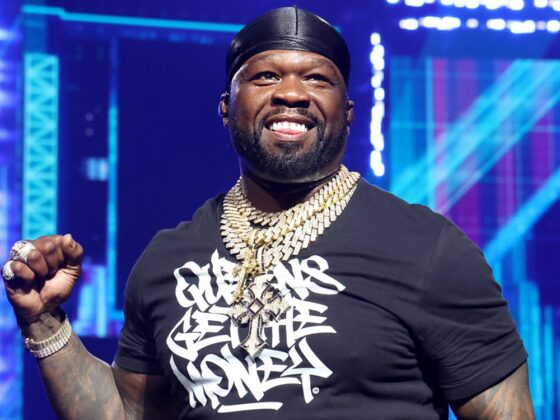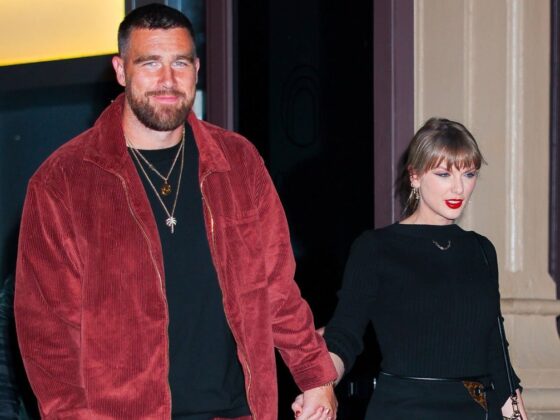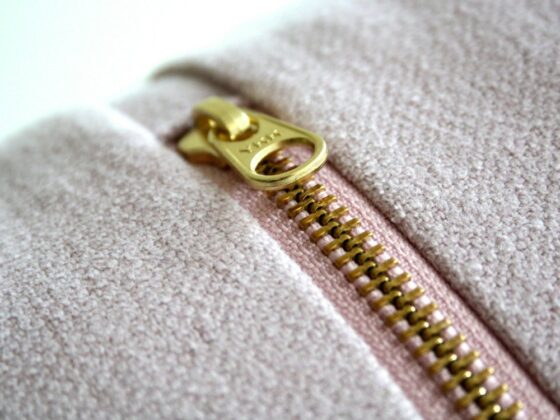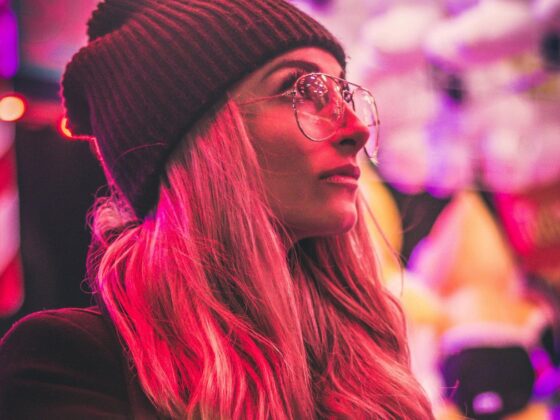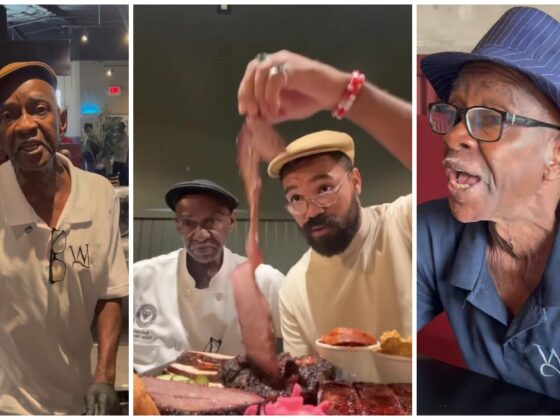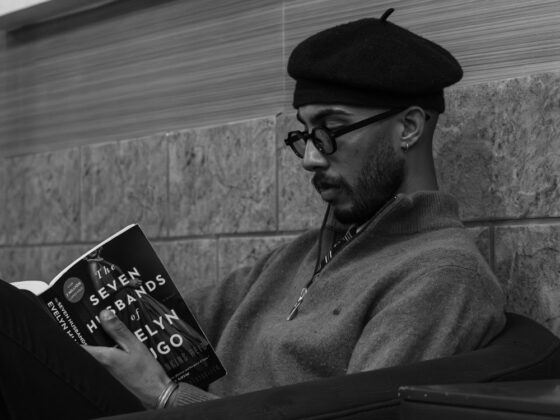Long before fashion magazines and TikTok told the world what was trending, Black women had done it, and they did it better. Dozens of Black beauty icons have influenced beauty trends and standards for a long time, and instead of receiving the credit, they have often been imitated, erased, or flat out labeled as “too much”.
From Grace Jones’ chiseled cheekbones to Megan Thee Stallion’s body confidence, let’s go back in history and take a look at how these Black beauty icons have shaped, challenged, and set the standard in beauty culture, trends, and standards.
Black Beauty Icons: How Black Women Have Always Set the Beauty Standards
Grace Jones
Grace Jones has been redefining what it means to be beautiful long before “Instagram glam,” and she did it with her androgynous look and fearless self-expression. Jones blurred the lines between male and female and tended to wear men’s attire, saying, “I go feminine, I go masculine. I am both, actually.”
A Jamaican-born model and actress in the 70s and 80s, she challenged the industry’s Eurocentric lens and traditional beauty standards with her shaved head, strong facial features, and muscular physique. Her fashion choices that incorporate menswear and avant-garde designs solidified her image as a boundary-breaker. She also collaborated with renowned photographers like Jean-Paul Goude, Helmut Newton, and Guy Bourdin.
Brandy Norwood, Ms. Lauryn Hill & Lil’ Kim
Brandy, Hill, and Kim played a role in defining the beauty standards in the 90’s by contributing their own aesthetic. Brandy was an icon of sophistication, with Hill being bohemian, while Lil’ Kim was bold.
Brandy had long and sleek hair, favoring a natural, glowing complexion with subtle eye makeup, while Hill’s look was more bohemian with flowing braids, sometimes adorned with beads and minimal makeup. Lil’ Kim, however, had a signature bold and edgy look, often showcasing elaborate hairstyles and glamorous makeup.
Solange Knowles, Lupita Nyong’o, & Tracee Ellis Ross
For Black women, their hair is their pride, and in the 2010s, the notion that straight hair equaled professionalism or beauty was challenged. Three icons were at the forefront of this: Solange Knowles, Lupita Nyong’o, & Tracee Ellis Ross.
These stars wore afros, twist-outs, and locs on red carpets, magazine covers, and major ads & campaigns. In a way, the trend became political because for decades, Black women were told their natural textures were “unruly” or “unprofessional.”
Ultimately, this led to the CROWN Act. It was a legislation aimed at prohibiting discrimination based on hair texture and hairstyles, particularly those associated with race and national origin.
Eventually, brands were forced to respond, and companies that once shunned Black hair scrambled to expand their product lines and appeal to the Black women’s audience.
Megan Thee Stallion, Tems, & Rihanna
Black women are generally gifted with stunning beauty, glowing skin, and natural curves, and today, Black women continue to shape what is desirable and aspirational in beauty. American rapper and singer-songwriter Megan Thee Stallion has continually embodied body positivity and self-love, as she wears her curves confidently and redefines femininity in hip hop culture in the process.
Nigerian singer Tems wears her natural styles and minimal glam with power, becoming a symbol of Afrocentric elegance and beauty. And then there’s “Bad Girl Riri”. Rihanna’s Fenty Beauty Line disrupted the makeup industry and forced it to reckon with its lack of inclusiveness, setting a gold standard with over 50 foundation shades from the jump.
Today, these women, plus many others, are proving that beauty isn’t monolithic. They continue to show that Black women are the beauty standard because of their features.
Conclusion
So the next time the world calls something “trendy,” “new,” or “bold,” it’s worth asking: did it really just start — or did a Black woman already perfect it years ago?
It is a fact: Black women don’t follow trends, they create them. So the next time the world calls something trendy, new, or bold, we have to ask, “Did it really just start, or did a Black woman already perfect it years ago”?
Share your thoughts in the comments.
Image Credit: Tems – Kevin Mazur / Contributor | Getty Images Rihanna – Emma McIntyre / Staff | Getty Images

